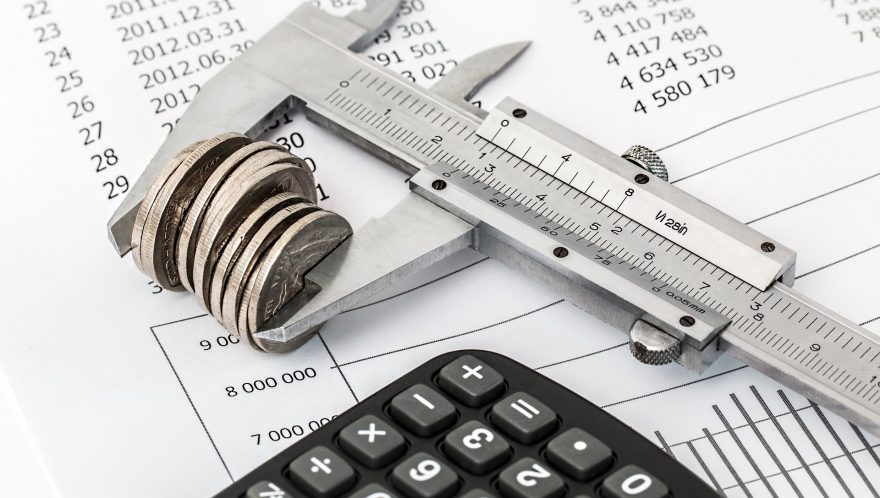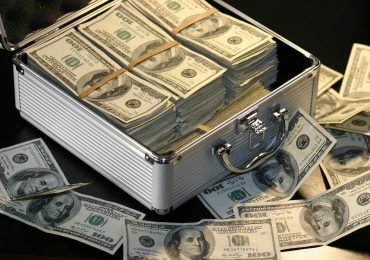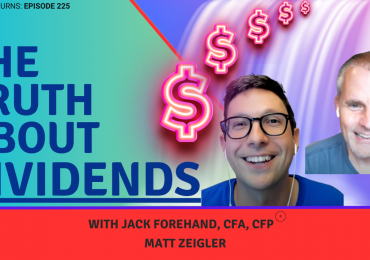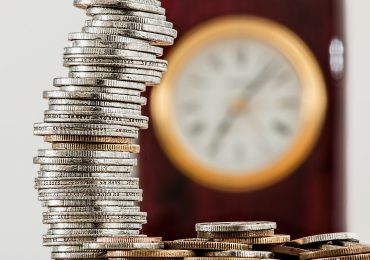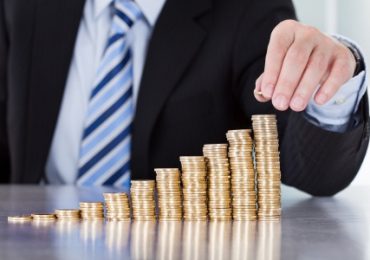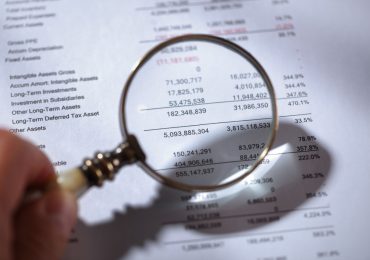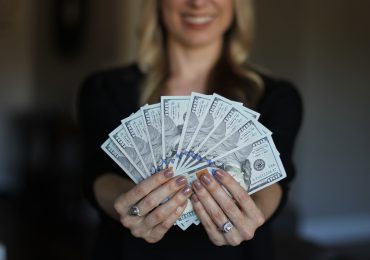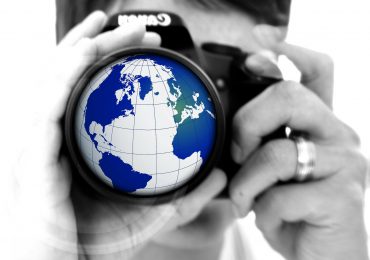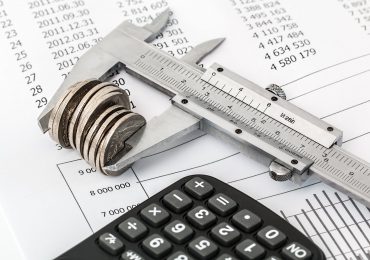Out of the almost 190 companies that stopped paying dividends to their shareholders in 2020, at the height of the pandemic, 72 have yet to start paying them again, including big names such as Disney and Boeing, reports an article in The Wall Street Journal. With a possible recession looming, those companies are now contemplating whether or not to continue holding off on paying out, or if their cash reserves would be better served by lowering their debt or with stock buybacks.
Dividends are paid to shareholders on a quarterly or annual schedule, and companies need to be transparent about cash flows and capital in order to cover the payments. When a company cuts or cancels dividend payments, that can be concerning for investors. In Boeing’s case, CEO David Calhoun said at the April shareholder’s meeting that they were waiting to reinstate dividend payments until liquidity was back up to the level it was at before the pandemic and the scandal caused by the 737 MAX plane crashes. Boeing is not “talking about a 10-year time frame here,” Calhoun said, adding that the company is putting money into research programs over shareholder rewards. Prior to the pandemic, Boeing paid a dividend of $2.055, and had a cash reserve of $8.05 billion last year, which was up 3.9% from 2020 but down 15.1% from 2019, the article details.
Meanwhile, Disney is looking to reduce its debt before it reinstates dividend payments, which was up to $38.64 billion as of July, in the wake of the pandemic as well as the company’s acquisition of 21st Century Fox in 2019. That’s down 2.8% from last year and 14.5% down from 2020. Before the pandemic, Disney was paying its shareholders 88 cents bi-annually. As a whole, S&P 500 companies paid their shareholders $118.36 billion in dividends in the 2nd quarter of 2022, an increase of 11.8% for the same quarter in 2021, while buybacks rose by 11.7%.
GM, which has also held their dividends back, announced in August that they would begin paying them quarterly in September. The car company has been pouring a lot of money into their EV business, a move they believe will generate enough cash to be returned to its shareholders. But at Liberty Energy, buybacks are still prioritized over dividends because the company sees its shares as being undervalued, says CFO Michael Stock; in July, he authorized $250 million in share repurchases for the next 2 years, though he said dividend payments could return given the positive outlook on their earnings.
Both buybacks and dividend payments offer investors transparency into a company’s short- and long-term financial performance, with dividends being a solid indication of confidence. But some companies are not looking to reinstate their payments, such as media company Gannett Co., which told the Journal that payments would not resume “for the foreseeable future” while it instead prioritizes reducing debt and expanding its business. But individual investor James McRitchie says that buybacks are not as valuable as dividends for investors, because dividends supplement income and buybacks only benefit investors if they choose to sell. “Generally,” he told the Journal, ”it’s a sign of the health of the company to issue dividends.”

